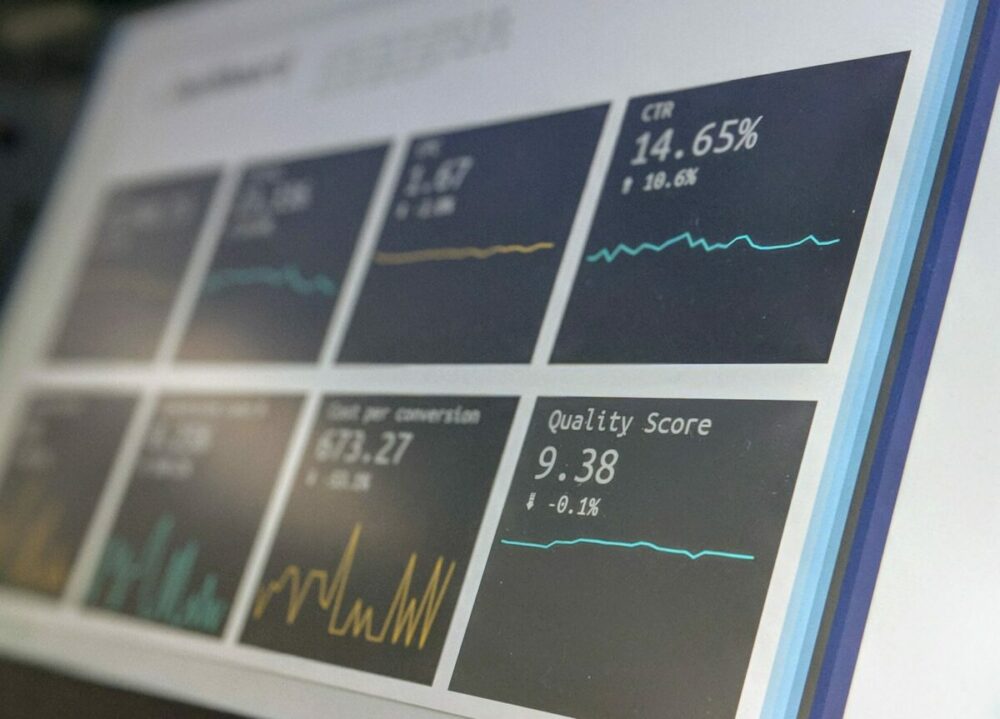By: Sana Benali, Digital Marketing Assistant at Monstarlab Netherlands
Dutch here
The world of e-commerce is rapidly evolving, with even the most established brands having to continually adapt to remain at the forefront of this space.

This was the main talking point at a recent roundtable and talk featuring our Experience Director, Rodger Beekman, and Engagement Director, Cem Yildiz, at the E-Commerce Live! event last month in Amsterdam. Here are the key takeaways from their discussion.
Consider your e-commerce platform’s needs.
Customers may expect brands to have their own platform as part of their customer experience, on which they can view pictures, descriptions, reviews, etc. before they make a purchase. Using an existing platform, one that you merely have to personalise for your brand rather than building it from scratch, may seem like the easiest option to quickly gain customers, but a platform like this could give the wrong impression.
When using a bespoke platform instead, investing in the right promotional tools could help improve the performance and will help you gain customers. Marketing via social media can make a huge difference here. With social media, you can create awareness of your products and brand and lead people to your own platform. A targeted and considered approach is required, though – you do not want to spend money on an ad in Nijmegen when your store is based in Amsterdam.
A business should look at its products and services to decide whether a bespoke platform is required. If you only sell one product, then you could consider building your own platform and showing off the quality of your product. However, if you are an e-commerce business with many products to showcase, then using an existing platform could be the answer.
Know your target group.
Customers are now comfortable enough to buy products online without seeing them in person first. For this reason, many businesses do not feel the need for a physical store anymore. Instead, by providing a 360° view of the product and putting all its details online, a customer is not left with any questions and will feel comfortable enough to make a purchase.
However, there are some products that require more targeted marketing to persuade someone to buy the product. Vitamin supplements are a good example. An interesting marketing option for products like these is that when a customer has bought vitamins that are known to take three weeks to finish, the company can send out an automated email newsletter two and a half weeks after the purchase date which includes the product they bought. This helps to remind them of the company and increases the likelihood of a reorder.
It is essential to always know your target group. Do they use social media? Are they tech-savvy? Do they prefer personalised or standardised products? This information is vital when deciding how to design your digital platform. Every platform user wants a clear overview to help them trust the business. By providing them with an excellent user experience and establishing credibility from the outset, you can fulfil this wish.
Keeping your customers in the digital age.
Having data on what your target group wants, what they like, and what they interact with online, is extremely valuable. With this information, you can build a platform that truly understands your customers and their needs, making them feel a connection to your brand. On top of that, you will likely need a strong and clear online presence to ensure your brand remains top of mind—and above your competitors.
A recommended method that could help keeping your customers would be to produce an extra digital product that can be used alongside your product. For example, pharmaceutical brands could have an app with a reminder for when to take prescribed medication. Another option would be making use of content marketing – creating online content that incentivises the audience to buy your product. For instance, a home improvement store could create and host a library of video content providing customers with DIY advice and guidance. This could then lead the viewer to the page on their website where they can purchase the products used in these same videos.
Originality is not as original anymore.
People’s needs and desires are changing. As we used to collect and own “things” like the old homo-sapiens did, we are now mostly seeking to experience new things, which we can call homo-experientia. This can be done by merely altering an existing product into something that only feels new. This works as long as the experience that it brings connects to an unfulfilled desire in the audience.
A great example for this would be the iPhone, one of its great successes was its ability to reimagine how people perceived mobile phones to look and function. The team at Apple took the best parts of many existing mobile devices and combined them into the iPhone – an easy-to-use device bristling with functionality. Functions such as the navigator, camera, and internet were all non-original ideas and products, but Apple copied and combined them in such a way that it worked out in their favour. Now, it is hard to find any phone that does not have the same functionality as an iPhone. Complete originality is not always the best way to go.
Do your own research well.
Go into the marketplace, and learn what people do, what people want, and what people need. That is the new originality.
At Monstarlab, we are passionate about collaborating with our clients to create solutions that meet their business goals while delivering exceptional customer experiences.
You can learn more about our e-commerce work here or if you would like to speak to one of our experts about how we can support your business, then please get in touch here.



